3/4GB have been learning about Australia Day. We watched a video of people reflecting on what Australia Day means to them. You can watch the video

|
Rescooped by
Maree Whiteley
from Critical and Creative Thinking for active learning
onto Doing History February 15, 2013 3:43 AM
|





 Your new post is loading...
Your new post is loading...


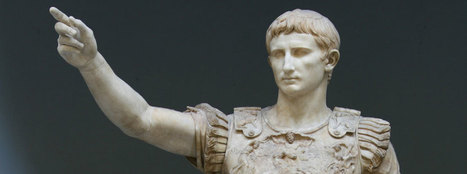

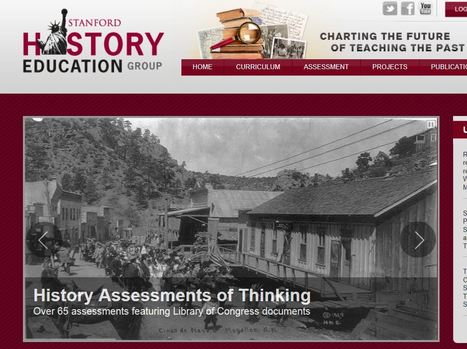
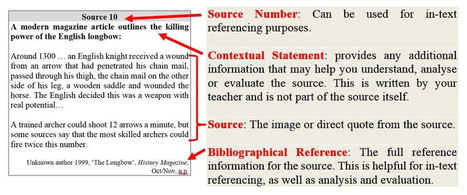


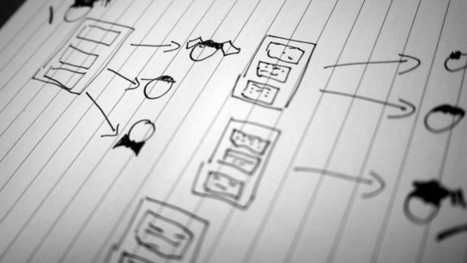
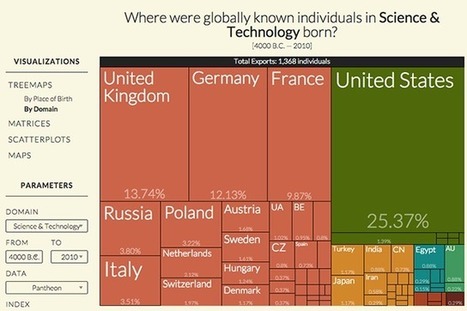
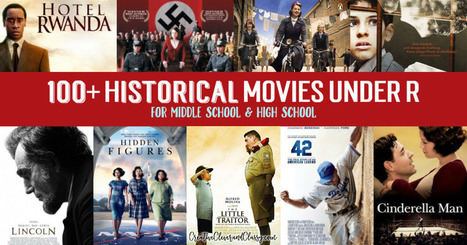
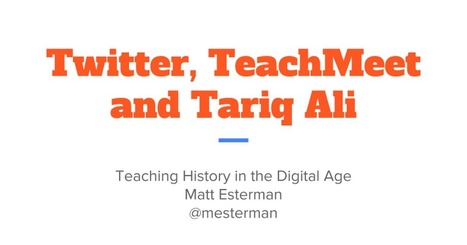
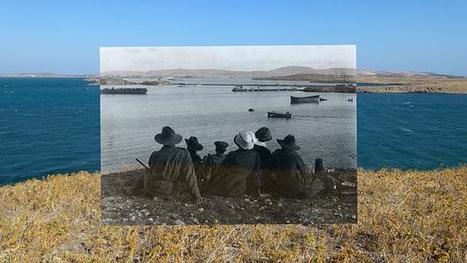

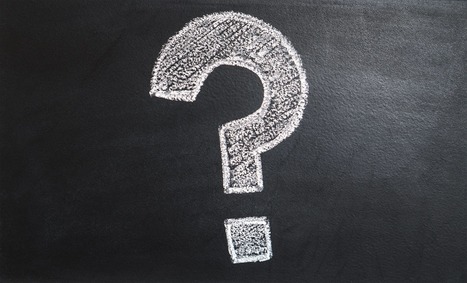
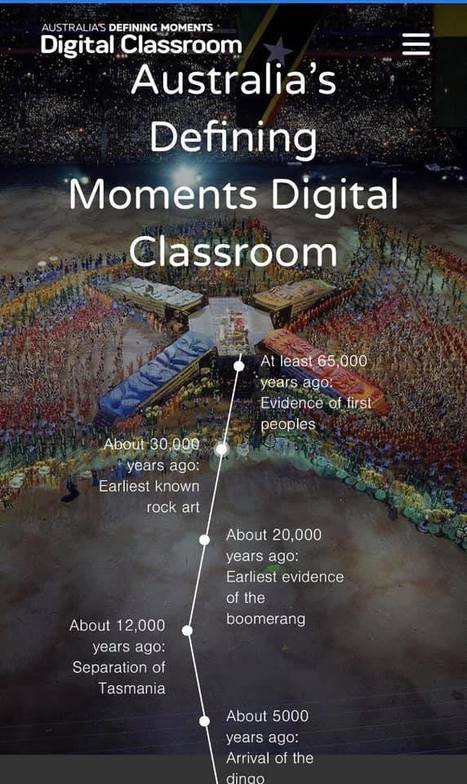
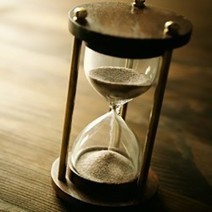
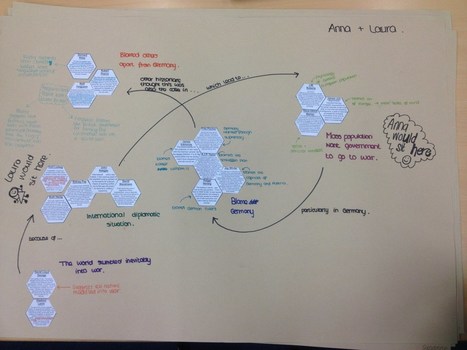
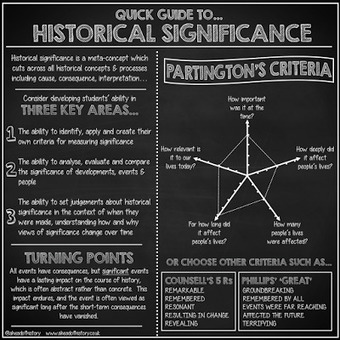

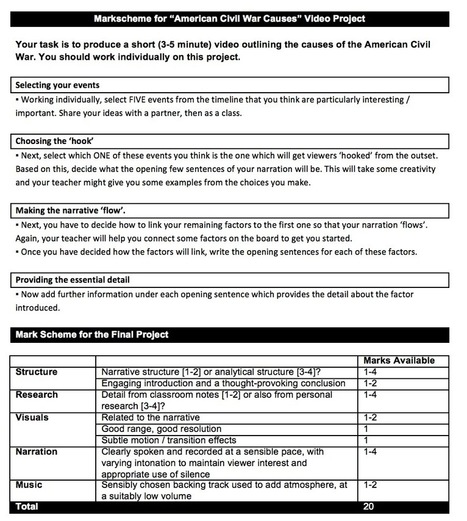
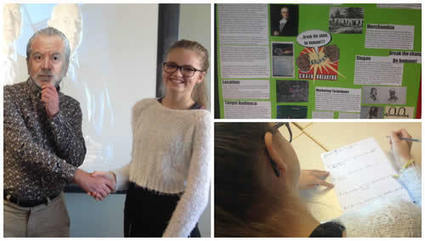
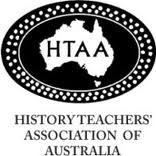


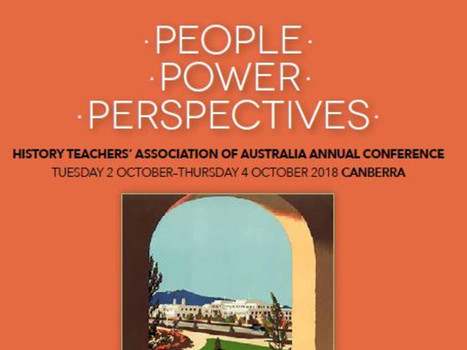






What does Australia Day mean to you? Responses from the great resources on the Together for Humanity website.
Primary students reflect on what Australia Day means to them.
What is Australia Day?
Reflection is a powerful factor in learning.
Don't underestimate the importance of historical language in developing historical understanding. Provide opportunities for students to expand their historical vocaulary and to use language for a variety of purposes.
Young students need explicit instructions for when and how to use conventions of language.
Husbands (1996) identifies different types of historical language including:
1. The language of the past (e.g. British colonisation, original inhabitants, convict, First Fleet, monarchy, revolution, Terra Nullius)
2. The language of historical time (century, period, modern, decade)
3. The language of historical processes (cause, chronology, similarity, difference, perspective)
4. The language of historical description and analysis (revolution, monarchy, democracy)
Use 'Word Walls' or word charts to help students keep track of information and terminology that is used in a Unit of Work and keep adding new words.